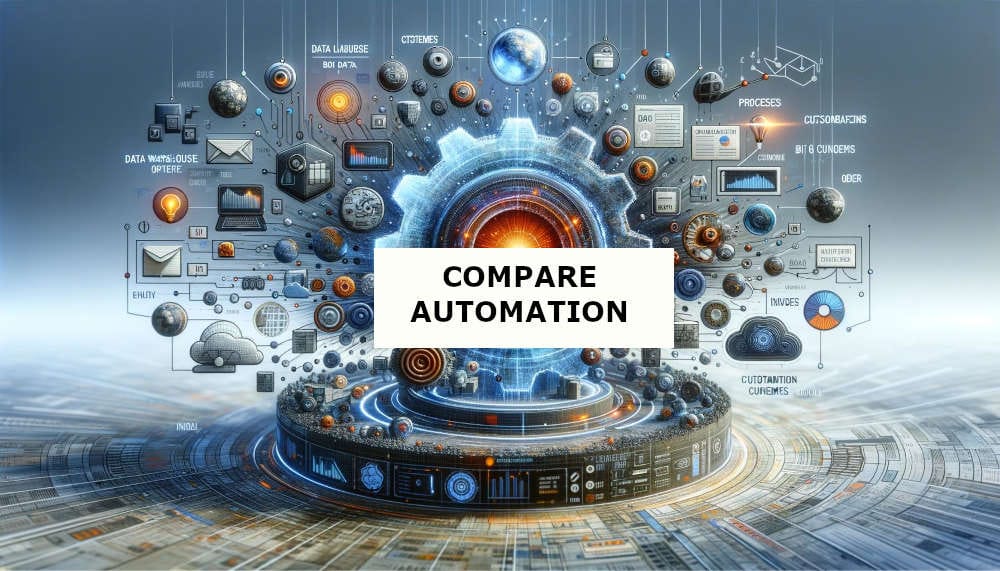Why Automate?

Why Automate?
Why do businesses need to automate?
Automation saves time!
“Yeah, automation is good but let’s wait until the New Year”
For people time is the one common and limiting factor. For business time is also important, and although a few companies have been around hundreds of years, the average life of a company in the UK is 8.5 years. So it could be said that time is even more important for a business than for an individual. Delaying automation is putting a company at a disadvantage as competitors will have the same opportunity to automate and could achieve it first.
With time being money in business, saving time justifies automation. Although this is true and is a primary consideration when thinking about automation, there are other benefits from automation.
Quality improvement from consistency is a major factor when looking at automation. Humans make errors, it is a natural human trait, but the cost of fixing the few errors can be very high in terms of finance and reputation.
The picture illustrates the “Time Saved” and the “Time Spent to Automate” balance that is normally used to determine if it is worth implementing automation. This can be a simple mathematical calculation, but it can also need to be considered with some human factors. For example, in Japan part of the reason stated for UiPath’s success with RPA is that it helps banks in Japan address a problem of staff working too many hours on computer systems. The ability to shorten a working day for staff and leaving robots to work overnight has been a consideration about staff “Well being” rather than simply “Time saved”.
Turning the question around, “Why not automate?” illustrates that in most cases the only barrier is cost. By considering the wider issues around the benefits of automation even the cost barrier is unlikely to be that high.
The picture also illustrates what can happen with “Bespoke” automation which is why RPA has become important as it makes reality much closer to the theory.















